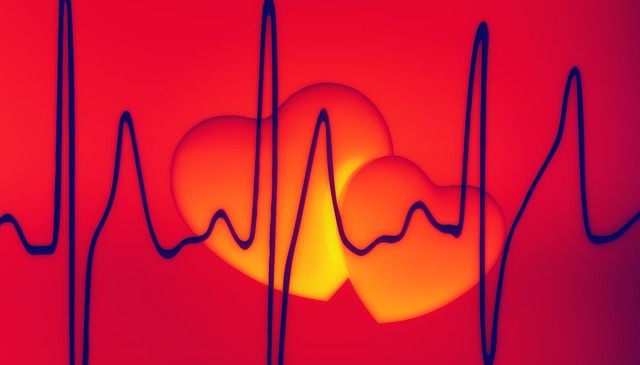When You're About To Die: What Happens To Your Brain And Heart During Cardiac Arrest

Death is one of the most mysterious events in life, but a new study has further revealed what happens to our brain and our heart as we’re dying. The research revealed that brain activity kicks into high gear as the heart deteriorates. Although the reason for this is not clear, scientists believe it may be the body’s last attempt at survival during cardiac arrest.
The study, published online in this week's PNAS Early Edition, revealed that brain activity increased as the heart muscle begins to die. As observed in rats, when the heart deteriorates, the brain releases a number of neurochemicals and increases connectivity between the brain and the heart. The team was able to use new technology called an electrocardiomatrix to see how brain signals synchronized with the beating of the dying heart.
Read: Early Signs Of Heart Conditions: How To Recognize Symptoms Of Cardiac Arrest
"Despite the loss of consciousness and absence of signs of life, internally the brain exhibits sustained, organized activity and increased communication with the heart, which one may guess is an effort to save the heart," said senior study author Jimo Borjigin, Ph.D., in a recent statement on ScienceDaily.
According to the American Heart Foundation, cardiac arrest is the sudden loss of heart function in individuals who have not been diagnosed with heart disease. This is almost always unexpected, and is responsible for more than 350,000 emergencies in the U.S. each year. Unlike a heart attack, which occurs when blockage stops blood flow to the heart resulting in tissue damage and death, cardiac arrest occurs when the heart’s electrical system malfunctions, producing irregular heart rhythms.
Further observation of the brain-heart connection during cardiac arrest of the rats revealed that it actually speeds up death, even though it may be the body’s attempt to prolong its life. The team believe this information may be useful in developing a drug to block the brain's final electrical connection to the heart during cardiac arrest, which could increase the patient's chance of survival.
Although cardiac arrest is sudden and unexpected, some individuals are at greater risk for the condition than others. For example, the American Heart Foundation reports that having a history of heart attacks, being on heart medications, or having blood vessel abnormalities all increase one’s risk of cardiac arrest. Recreational drug use is also a common cause for cardiac arrest in individuals without a history of health concerns, with cocaine, amphetamines, and MDMA being the usual culprits.
Source: Lia D, Mabrouk OS, Lui T,et al. Asphyxia-activated corticocardiac signaling accelerates onset of cardiac arrest. PNAS . 2017
See Also:
More People Are Surviving Cardiac Arrest Thanks In Part To More Bystanders Performing CPR
Sudden Cardiac Arrest Often Comes With Warning Signs, But Most Sufferers Ignore Them



























